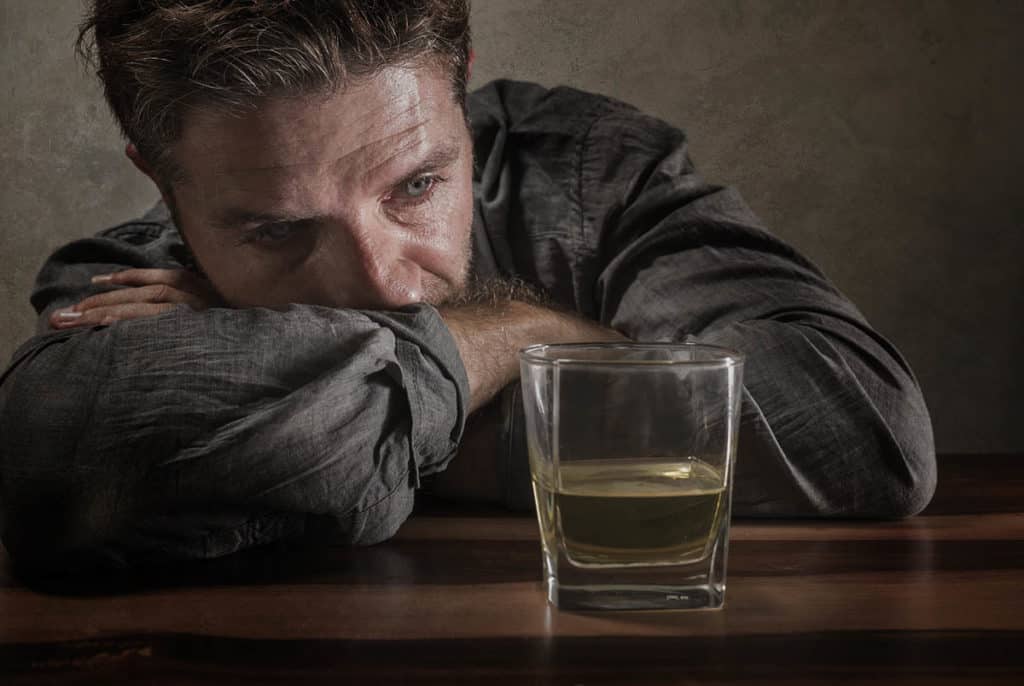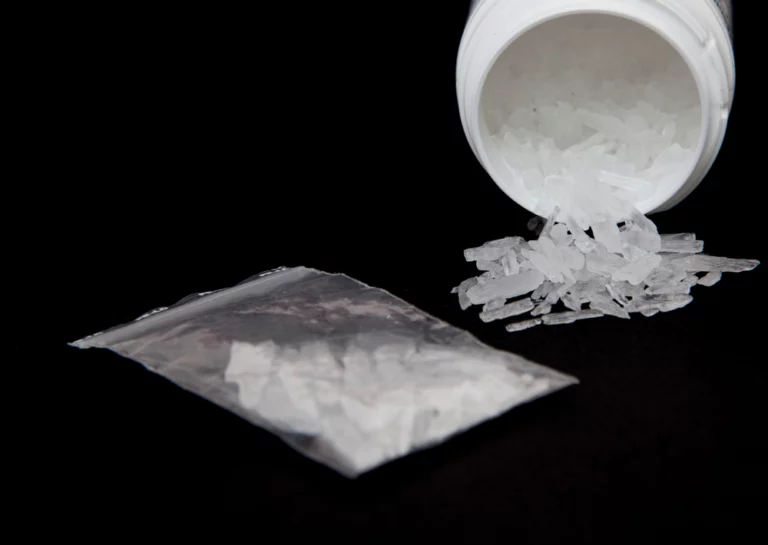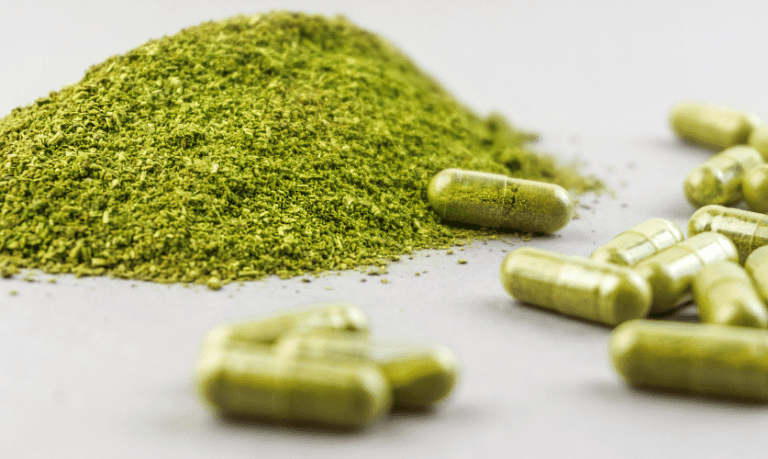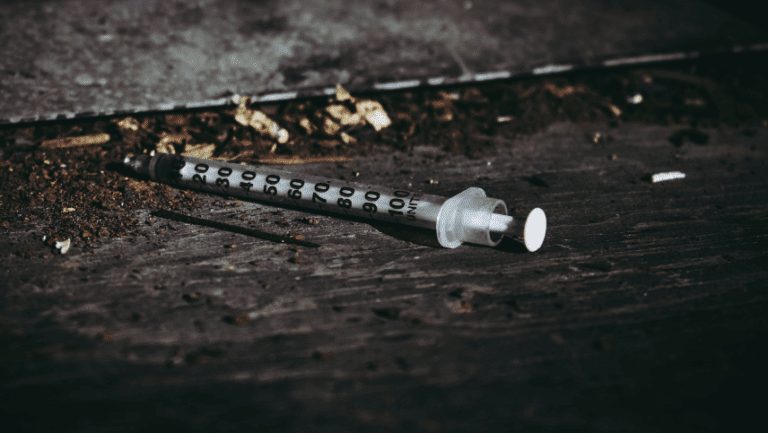Overcoming addiction is difficult. Prolonged use of an addictive substance causes brain chemistry to become irreversibly altered, resulting in occasional cravings for an individual’s drug of choice. Being a legal and accessible substance, alcohol is the second most abused substance in the world.
Alcoholism is hard to recover from since the urge to drink alcohol once abstinent is very intense and triggers are frequent. According to the Center for Health Care Evaluation, studies estimate that untreated relapse rates range from 50 to 80% or more, depending on the severity of the alcohol addiction. An even more harrowing statistic states that an estimated 95,000 alcohol-related deaths are reported annually, making alcohol the third-leading preventable cause of death in the United States, according to the National Institute on Alcohol Abuse and Alcoholism.
Alcoholism may cause financial hardship, the deterioration of interpersonal relationships, various liver diseases, memory loss, brain damage, or death when left untreated. Whether an individual is in recovery or has yet to practice abstinence, the following coping skills can help an individual resist alcohol cravings and start living a healthy, alcohol-free life.
Coping Skills to Combat Alcohol Cravings
Participate in Therapy
Therapy sessions are highly beneficial towards protecting hard-earned sobriety. Therapists can provide understanding as to the root cause of an individual’s addiction and reinforce an individual’s motivation to stay sober. With professional help, coping strategies are developed and strengthened so that potential triggers are minimized.
Join a 12-Step Community
Our 12-step program offers support, accountability, and a sense of solidarity for those who are struggling to control their cravings, which is why it is recommended that individuals in the recovery phase join a 12-step community. A study conducted by the National Institute on Alcohol Abuse and Alcoholism states that an eight-year follow-up showed that 49% of individuals who attended a 12-step program remained abstinent.
Avoid Triggers
Once in recovery, it is important to actively avoid triggers as often as possible. Although triggers are unique to every individual, common ones include establishments where drinking took place, individuals who enable addiction or incite negative emotions, and areas where past traumas took place. By avoiding these triggers, alcohol cravings are less likely to appear.
Find a New Hobby
Once drinking no longer consumes time like it once had, an individual may find themself having ample free time. In order to prevent cravings in these idle moments, starting a new hobby can be a very effective abstinence tool. Whether it’s painting, reading, or cooking, let new interests replace the old.
Alcohol Addiction Treatment Can Help
Alcohol is a highly addictive substance and abusing this drug can be life-threatening if left untreated. Fortunately, help is available for those battling this addiction. Depending on the stage of an individual’s addiction, they may require detox, an intensive treatment program, or both. Fortunately, Knoxville Recovery Center offers various services to those struggling with this addiction.
Services We Provide:
Detox – Our on-site detox clinic accommodates and supports clients as the body sheds all residual traces of alcohol. Clients are under medical supervision during the detox process to ensure that they remain safe and comfortable.
Addiction Treatment – During our addiction treatment program, clients will engage in introductory therapies and exercises that work to prepare them for continued, more intensive treatment outside of our facility. The goal of our addiction treatment track is to stabilize clients so that they are treatment-ready.
Mental Health Treatment – Our mental health treatment program introduces behavioral therapies rooted in self-expression and holistic exercise. Art therapy, music therapy, and yoga are just a few forms of therapy we offer at the center. Our goal is to help the client reclaim their voice and expose them to treatment within a professional facility.
Aftercare Planning – Aftercare is designed for individuals who have benefitted from our introductory addiction services and are transitioning into a more intensive addiction treatment program. Once a client is stabilized, they will be encouraged to pursue continued addiction treatment. Our experienced case managers will then work with our clients to place them in a program that addresses their specific wants and needs. Addiction is difficult to overcome alone.
If you feel that you or a loved one is struggling with alcoholism, our specialists are on standby and ready to help. Call Knoxville Recovery Center and speak with an addiction expert today.










